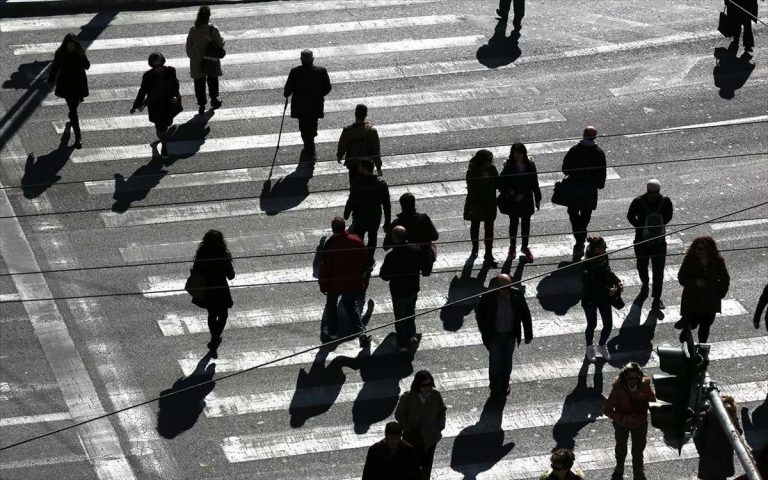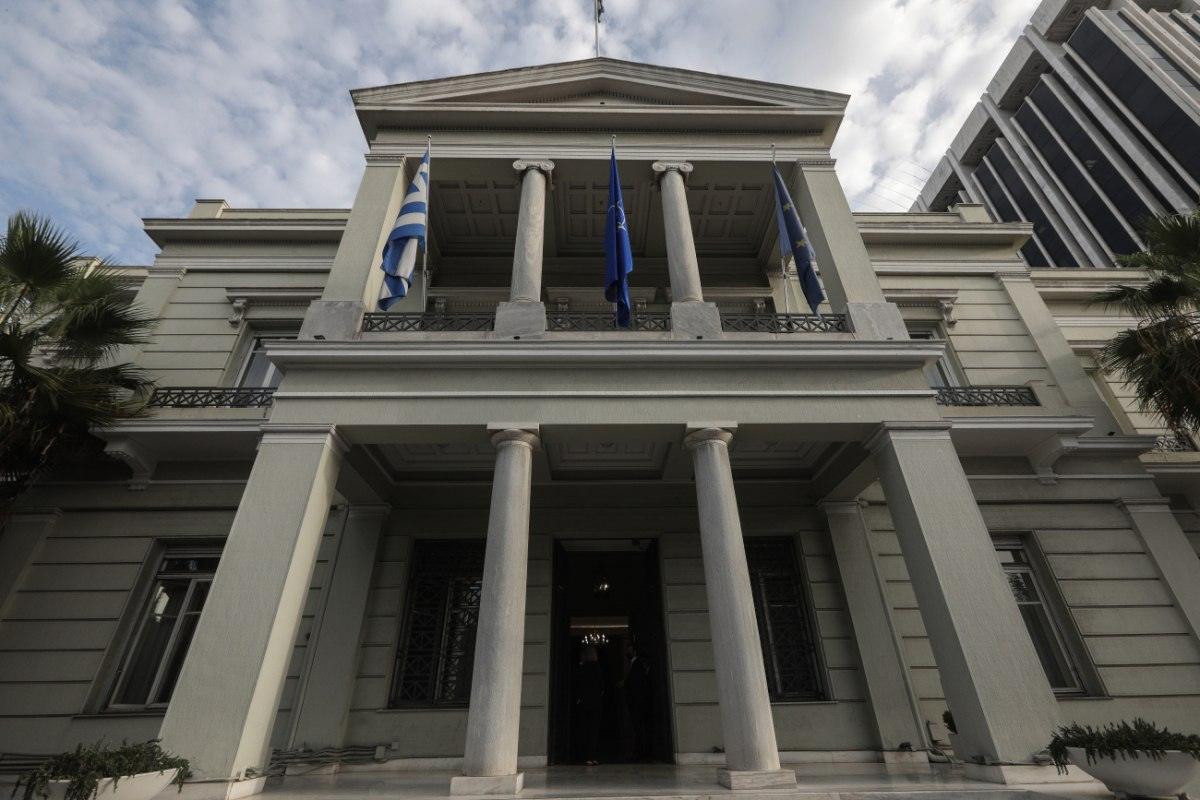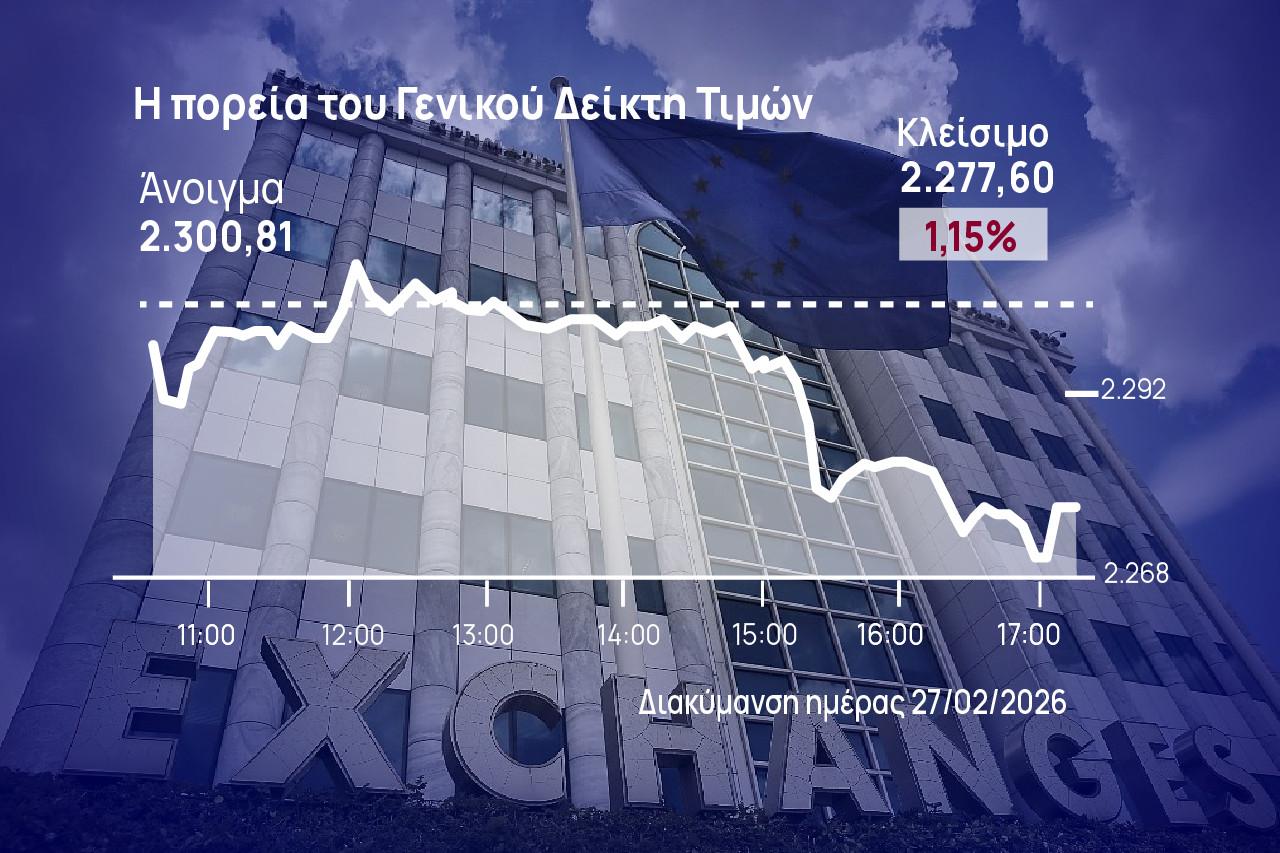A recent study shows residents in Greece straining to keep up with rising cost of living, with a majority now digging deeper into their pocketbooks, on a monthly basis, to meet basic needs. The “deeper” in this case refers to a tapping of savings, a greater use of credit cards or even purchasing items from the off-the-books economy.
The study, conducted by Intrum, surveyed consumers in EU member-states.
One main conclusion is that still nagging inflation and surging interest rates caused a “perfect storm” for consumers.
Specifically for Greece, 79 percent of respondents surveyed said they may spend less during the coming holidays than previously. Additionally, 83 percent of respondents said they are trying to reduce daily expenses, while 56 percent said they’ve dipped into savings to pay monthly bills.
Just 33 percent of respondents said they believed their economic situation will improve in the coming year, a figure that is next to last among 20 countries surveyed in the study. Italy and France are last, with 32 percent of respondents in either country expressing optimism over their future finances.
Expenses surpass income
According to the study, nearly three out of 10 consumers in Greece spend more on a monthly basis than the income they generate, with the average surplus spending totaling 275 euros – the figure above their income. Besides savings and credit card use – which bumps payments to the future, plus interest – some respondents said they also borrow.
The development also explains, in part, why the savings rate in Greece was a negative 4 percent in 2022, according to Eurstat figures released on Wednesday. The EU average, conversely was 12.7 percent of disposable income turning into savings; the figure was 16.4 percent in pandemic-plagued 2021. Only Poland posted a worse showing in 2022, at -0.8 percent.
Source: tovima.com










































